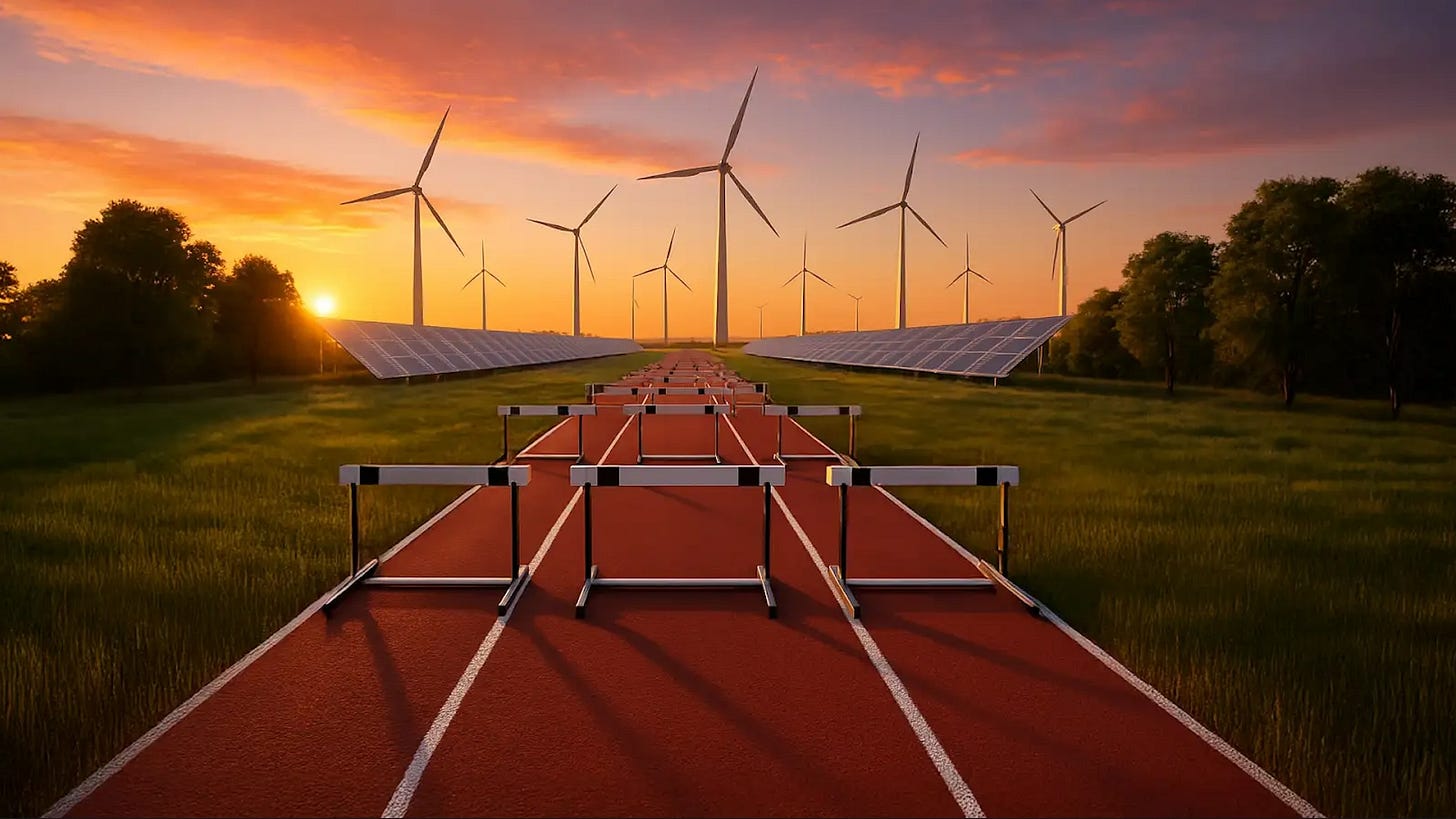Net Zero and Other Delusions: What Can't, Won't and Might Happen
Frankly #90
Language is one of humanity’s most unique and powerful tools. We are amazingly good at imagining the pictures created through words - almost to the point that even the most fantastical things can seem real. But how might this extraordinary ability backfire as we try to chart the course for the 21st century?
In this Frankly, I explore the limitations of using our imaginations to shape our understanding of what's possible through the use of three categories: what can’t happen, what won’t happen, and what might happen. I demonstrate how this framework can be used by going through one example of the many hurdles standing in the way of humanity - as we currently consume today - reaching Net Zero carbon emissions by 2050.
How are today’s societal goals shaped by unrealistic expectations of what’s possible under our current biophysical reality? What ‘bottlenecks’ constrain the possibilities of the future, and how might these change our expectations and preparations for what’s to come? Finally, how can we use the logic of aggregate probability in our own lives to push the initial conditions of the future towards the best likelihoods for all life on Earth?
In case you missed it…
Last week, I was joined by conservationist Kristine Tompkins, to discuss her decades of work on conservation initiatives in South America, the value of personal responsibility, and how she has cultivated a way of living without fear in taking on unprecedented environmental challenges. Kristine also reflected on the limitations of money as a metric for success and fulfillment, advocating instead for using wealth towards bettering the ecological state of our planet and rediscovering the joy of connecting with humanity’s place in nature.
If you appreciate The Great Simplification podcast…
Be sure to leave a review on your preferred podcast platform! Leaving reviews helps the podcast grow, which helps spread awareness of our systemic situation from experts in ecology, energy, policy, economics, technology, and community building so that we can better understand - and respond to - the challenges of the coming decade.
The Great Simplification podcast is produced by The Institute for the Study of Energy and Our Future (ISEOF), a 501(c)(3) organization. We want to keep all content completely free to view globally and without ads. If you’d like to support ISEOF and its content via donation, please use the link below.




Someone once said that “people don’t change unless the prospect of not changing is worse”. We can only hope that the bottlenecks will not be too severe. Probability is a very complex topic and it also needs to be continually assessed. I will never get my head around it so I’ve decided I will do small things that I can do locally. I’ve recently started attending my town’s environmental commission meetings, and I’ve started growing vegetables in an allotment. I have a strong desire to cultivate soil. I think these things will help me make connections with people in my community and that will be advantageous to all as the bottleneck grows narrower.
Nate. Your 20 minute Frankly was a clear, concise, fact based analysis of our net zero delusion, geopolitical & physical reality. Your commentary was 10 times better and clearer than the observations of Izabella and Michael in your previous round table.